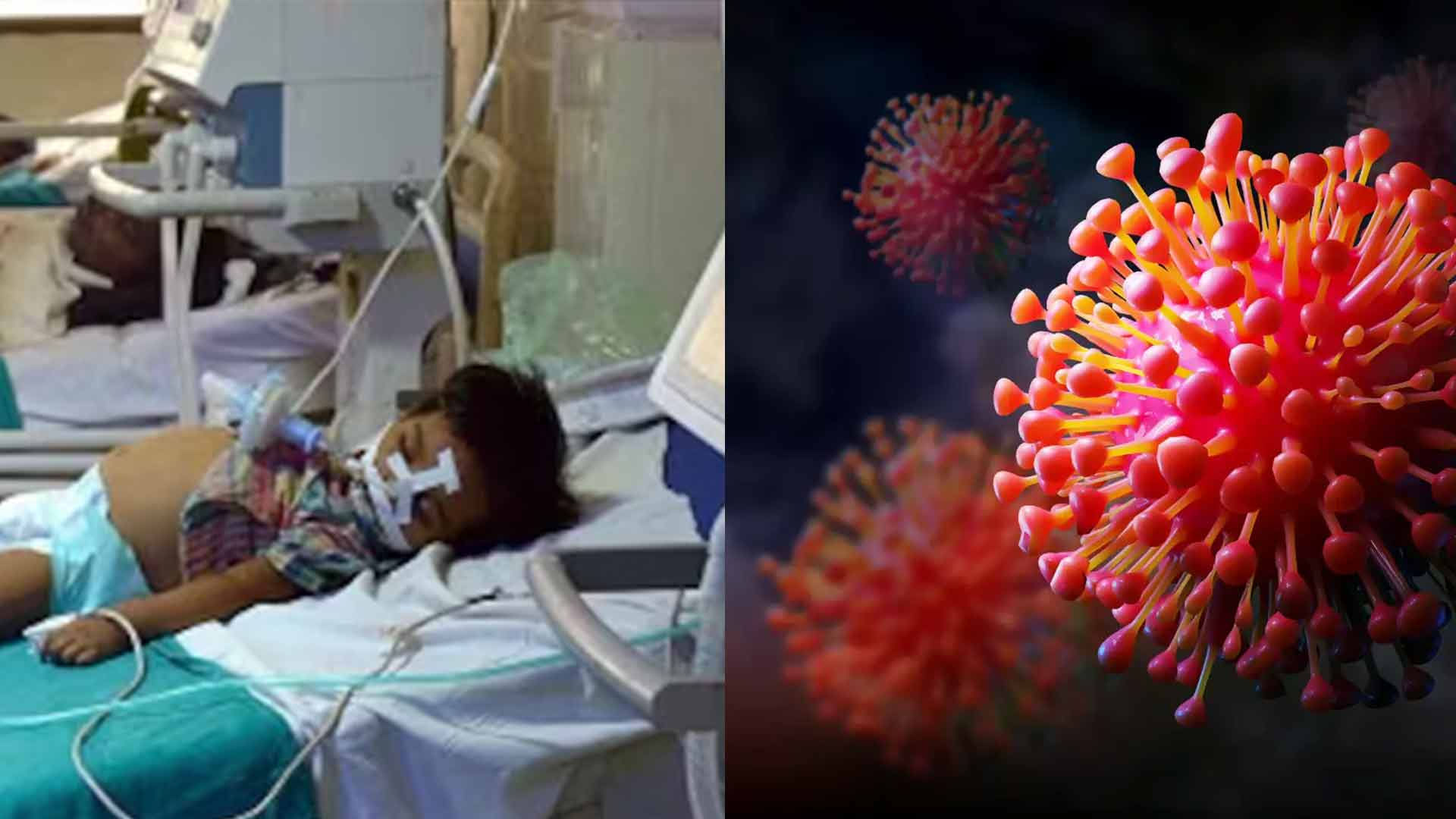In a tragic development, six children have succumbed to suspected Chandipura virus infections in Gujarat since July 10, with a total of 12 cases reported. Additionally, new cases with similar symptoms have emerged in Rajasthan, marking a concerning spread of the virus. The state's Health Minister, Rushikesh Patel, confirmed the deaths in Gujarat and noted that samples from the patients have been sent to Pune's National Institute of Virology (NIV) for confirmation.
The Chandipura vesiculovirus (CHPV) is a member of the Rhabdoviridae family, known to cause encephalitic illness in humans. First identified in 1965 in Chandipura village, Maharashtra, this virus has been linked to various outbreaks in India, with significant cases reported in Andhra Pradesh, Maharashtra, Gujarat, and now suspected in Rajasthan. The virus is primarily transmitted through the bites of vectors such as mosquitoes, ticks, and sandflies.
Health Minister Patel reported that out of the 12 suspected cases in Gujarat, four patients are from Sabarkantha district, three from Aravalli, and one each from Mahisagar and Kheda districts. Additionally, two patients from Rajasthan and one from Madhya Pradesh, who received treatment in Gujarat, have been reported. Five out of the six deaths occurred at the civil hospital in Himatnagar, Sabarkantha district.
In Rajasthan, the health department has reported suspected cases of Chandipura virus in Udaipur's Kherwada block. Two children from the villages of Nalfala and Akhivada, near the Gujarat border, were treated for the virus in Gujarat. Unfortunately, one child succumbed to the infection, while the other is currently under treatment and showing signs of recovery.
Dr. Ravi Prakash Mathur, Director of Public Health in Rajasthan, stated that samples from the infected children have been sent to Pune's NIV for confirmation. The children from the affected areas in Kherwada block had been receiving treatment in Gujarat, indicating cross-border movement and potential transmission.
Chandipura virus causes symptoms akin to flu, including fever, vomiting, and acute encephalitis, which is an inflammation of the brain. The virus can lead to rapid illness progression, coma, and even death, especially in young children. While the virus is not considered contagious, its transmission through vector bites necessitates stringent preventive measures.
In response to the outbreak, the Gujarat health department has undertaken intensive surveillance in affected areas. Approximately 18,646 individuals across 4,487 houses have been screened, and insecticide spraying has been conducted in 2,093 houses to control the sandfly population. The Rajasthan health department has also issued directives for increased vigilance and monitoring, especially in border areas.
Chandipura virus has a history of causing significant outbreaks. In 2003, 329 children in Andhra Pradesh and Maharashtra were infected, resulting in 183 deaths. Subsequent outbreaks in Gujarat and other states have underscored the virus's lethal potential, particularly among young children. The virus's ability to cause severe neurological symptoms makes it a critical public health concern.
Health experts and government officials emphasize the importance of remaining calm but cautious. Health Minister Patel reassured the public that there is no need to panic but stressed the necessity of being vigilant and seeking medical attention at the first sign of symptoms. Pediatricians at Himatnagar civil hospital have been at the forefront of identifying and treating suspected cases, demonstrating the critical role of local healthcare providers in managing outbreaks.
Future Actions
The health departments of both Gujarat and Rajasthan continue to monitor the situation closely, awaiting confirmation of the virus from the NIV. Preventive measures, including fumigation and public awareness campaigns, are being intensified to mitigate the spread of the virus. The health departments advise the public to maintain hygiene and avoid mosquito and sandfly bites by using protective measures such as insect repellents and nets.
Conclusion
The recent outbreak of suspected Chandipura virus in Gujarat and the emergence of cases in Rajasthan highlight the ongoing challenges posed by vector-borne diseases. The swift response of the health departments and the dedication of healthcare professionals are crucial in managing this crisis. As the investigation continues, the primary focus remains on preventing further spread and ensuring the safety and well-being of the affected communities. The Pacemakers team salutes the bravery and commitment of all those involved in combating this outbreak and remains committed to providing timely and accurate updates on this critical health issue.






Recent comments
Latest Comments section by users